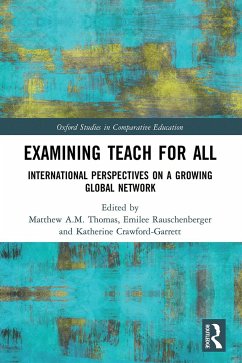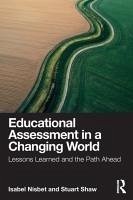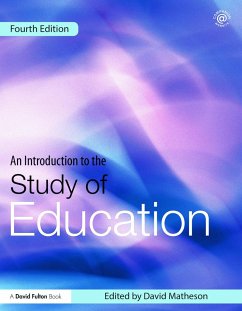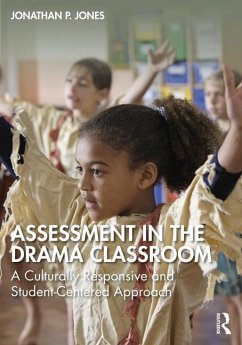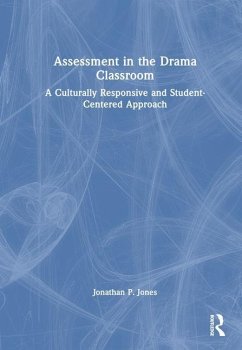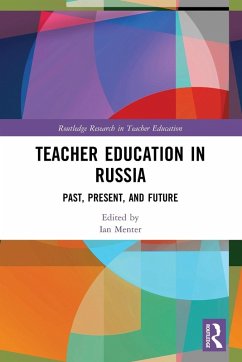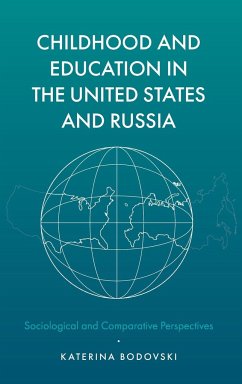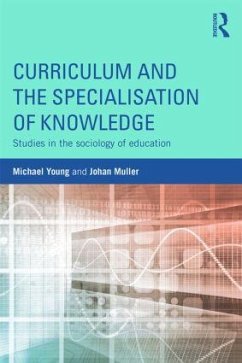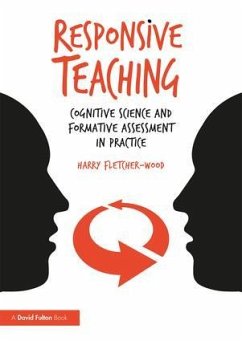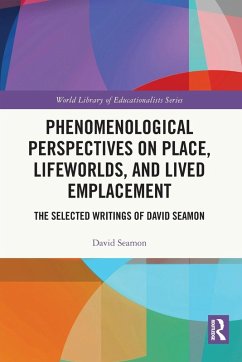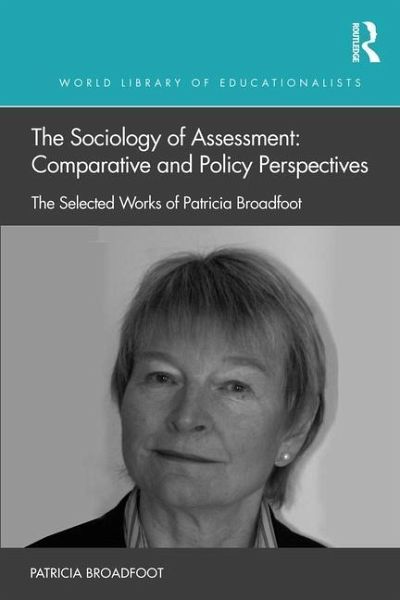
The Sociology of Assessment
Comparative and Policy Perspectives: The Selected Works of Patricia Broadfoot
Versandkostenfrei!
Versandfertig in 1-2 Wochen
50,99 €
inkl. MwSt.

PAYBACK Punkte
25 °P sammeln!
In a collection of her most influential work spanning nearly four decades, Patricia Broadfoot applies her trademark sociological and comparative perspective to empirical studies at every level of the educational system.





